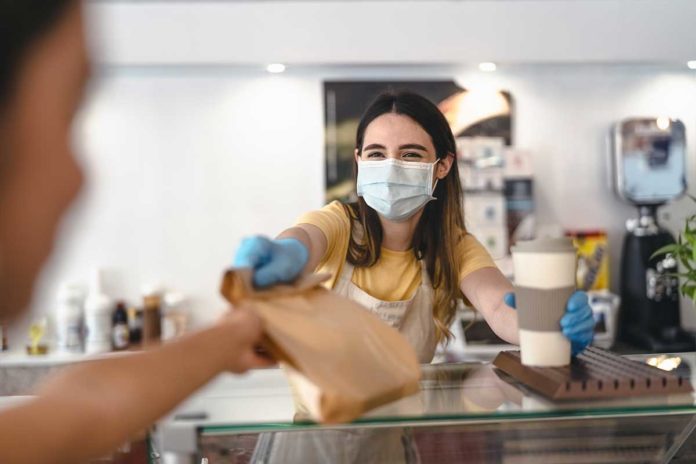by Anika Smith and Daphne Carr
EDITOR’S NOTE: The Share/Go Green extracurricular program at Manitoulin Secondary School will be sharing updates of the group’s activities as well as timely insights in a regular column in The Expositor. This is the first installment.
The SHARE Go-Green Club at MSS has created new ways for students to be more involved in taking action to fight the climate crisis. The Go-Green portion of the club has set up the Eco-Hero program to encourage and inspire high school students to become more eco-conscious. The Eco-Hero program is a point-based system that helps students discover ways they can tweak their lives towards a smaller ecological footprint. To sign up, students fill out a form where they can check off all of the eco-actions they will take in their lives. Some of these challenges include taking shorter showers, not using plastic, avoiding single-use gift wrap, or even going vegetarian.
The goals of the Eco-Hero program include reducing energy consumption, choosing more efficient household products, and raising awareness of the looming global climate disaster. Many people believe that climate change will not have a local impact. In fact, on Manitoulin, climate change will aggressively change weather patterns, cause more storms, create droughts, lead to shorter winters, and result in more people moving here to escape areas that are flooded or scorched. The impact globally will cause mass migration between countries, destroy sections of humanity’s food production, reduce access to water, threaten starvation, and give rise to increased diseases. As part of the Eco-Hero program, participants will also be fundraising for the #TeamSeas initiative. The goal is to support an economical and ecological future.
How does going vegetarian or reducing plastic help save the Earth? Plastic is involved with almost every product in our lives: from groceries, to cars, to what has become a more regular part of our lives, disposable masks. All of these products and their packaging take a toll on the earth as they break down. An estimated 8 million pieces of plastic end up in the ocean every day, our main source of oxygen. What about reducing meat intake? The way we feed our livestock takes up more resources than it would take to feed humans who just eat vegetables, fruit, grains, and fungi. Yes, not everybody will choose to become a vegetarian, but there are always opportunities to be more sustainable and reduce meat consumption. Instead of having a hot dog, why not have a salad with nuts in it?
This Eco-Hero program at Manitoulin Secondary School helps youth and communities discover ways that they can change their lifestyles and influence others to do the same. It seems like a small step towards the solution; however if 100 people take a small step, the total distance covered is 100 times larger.




